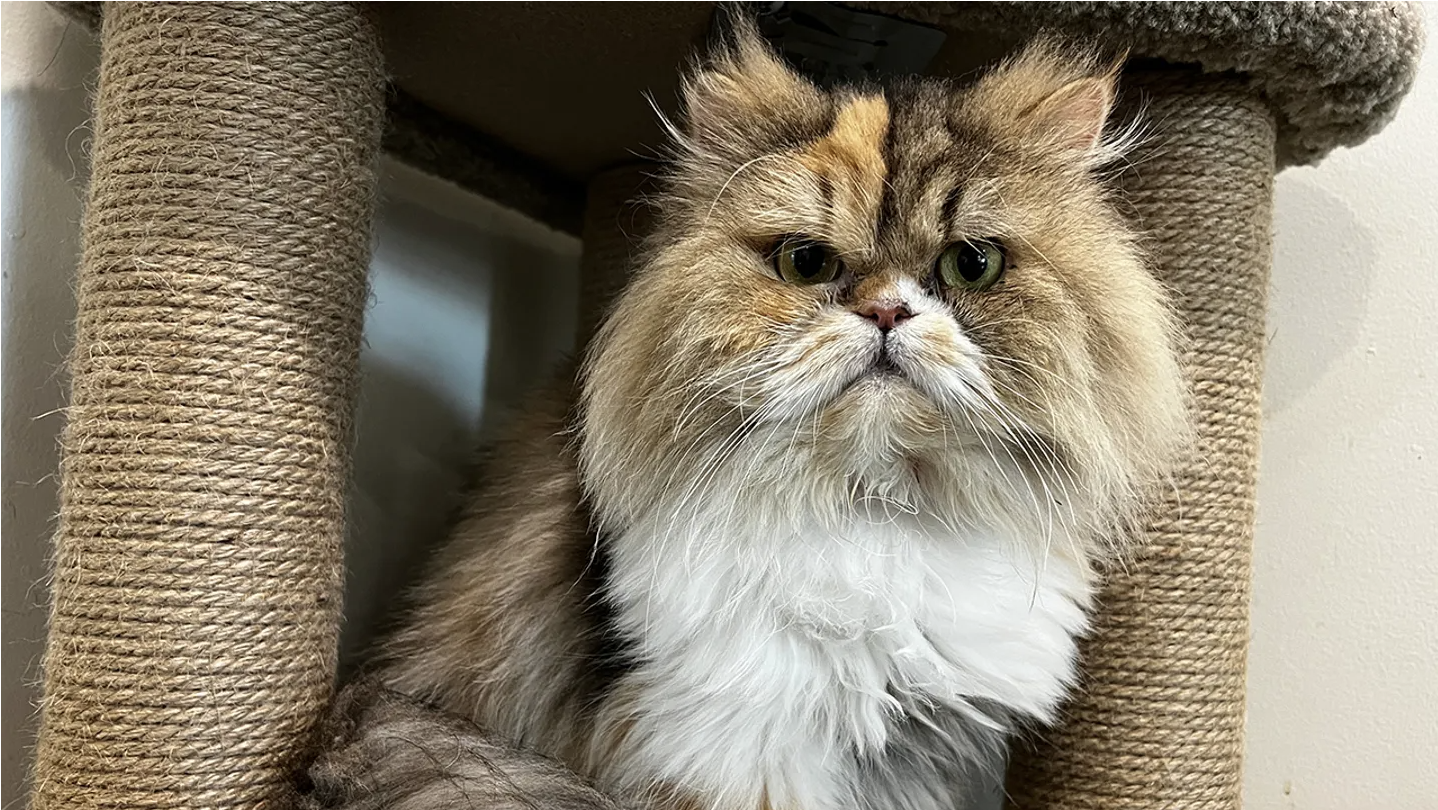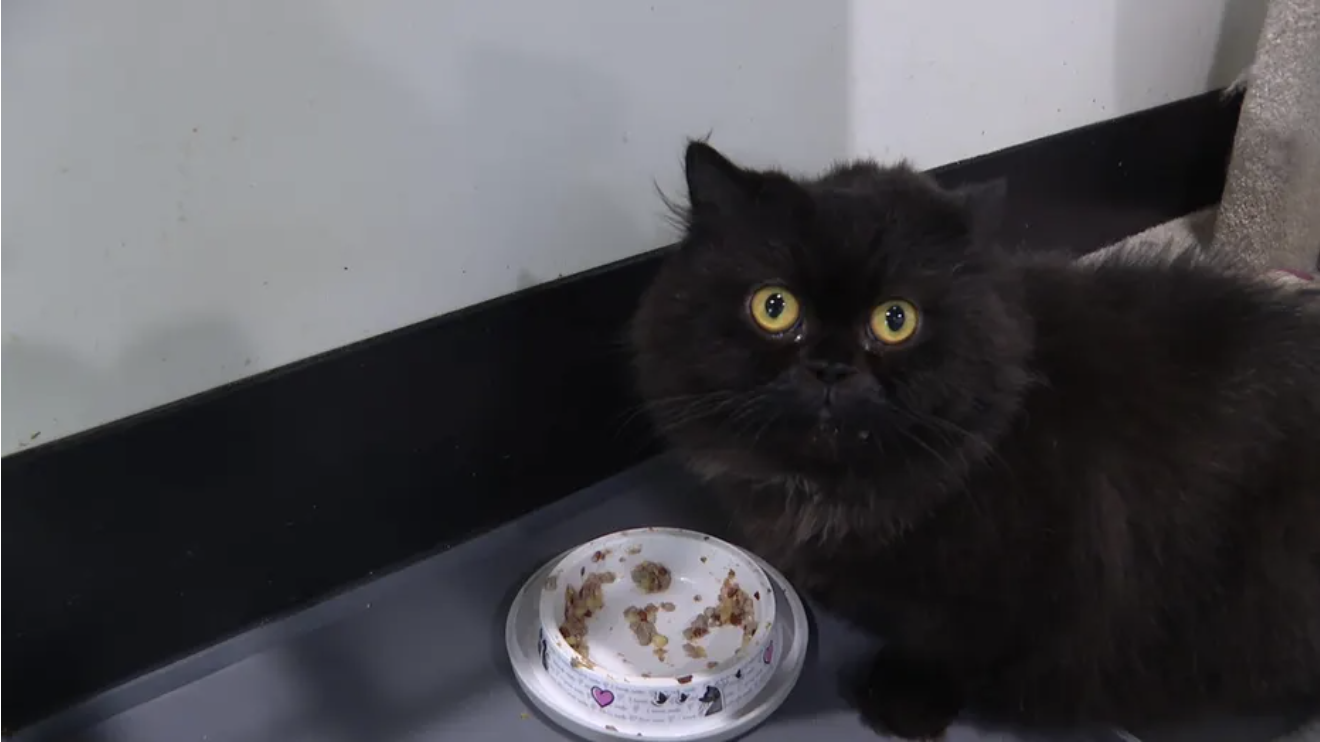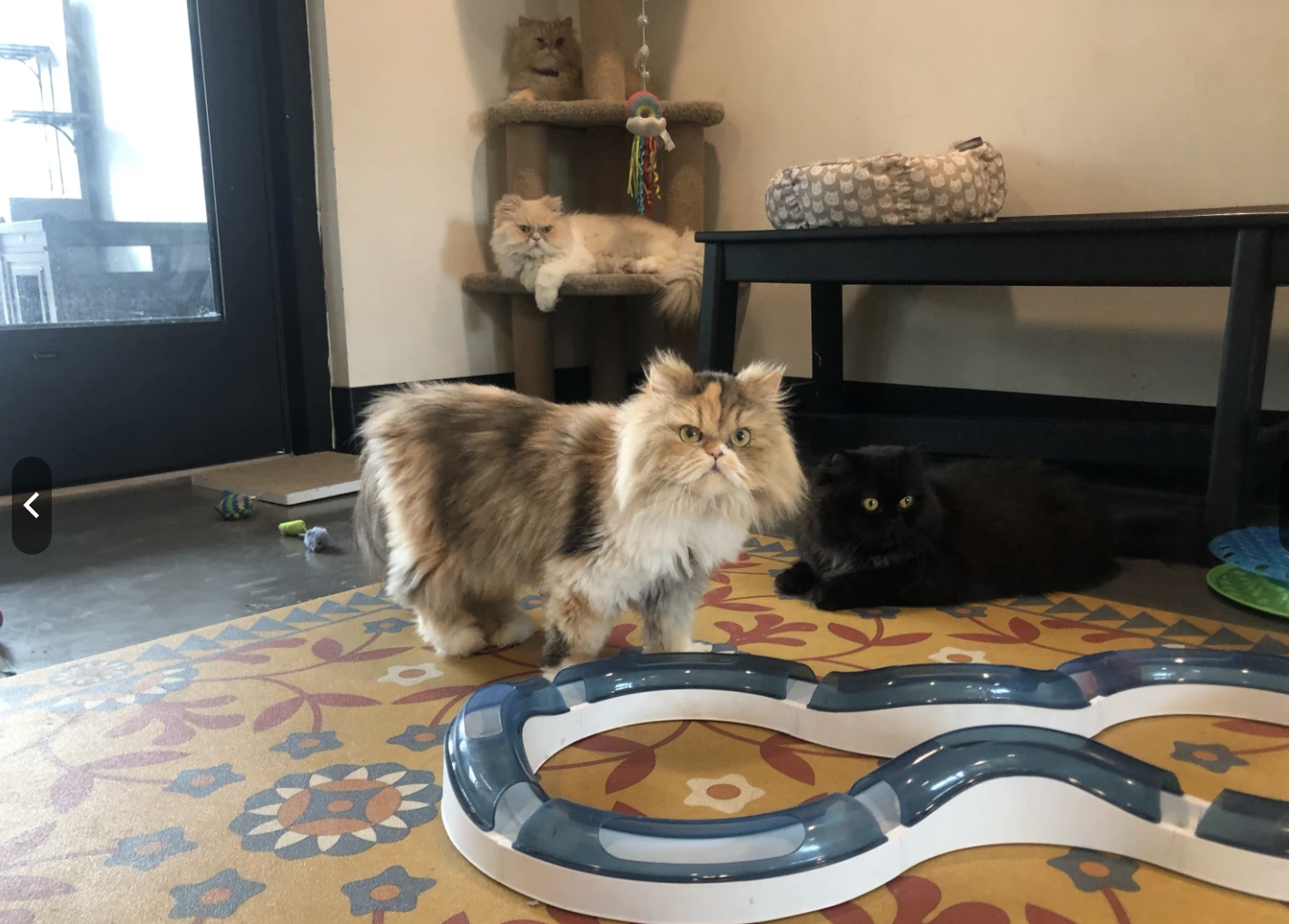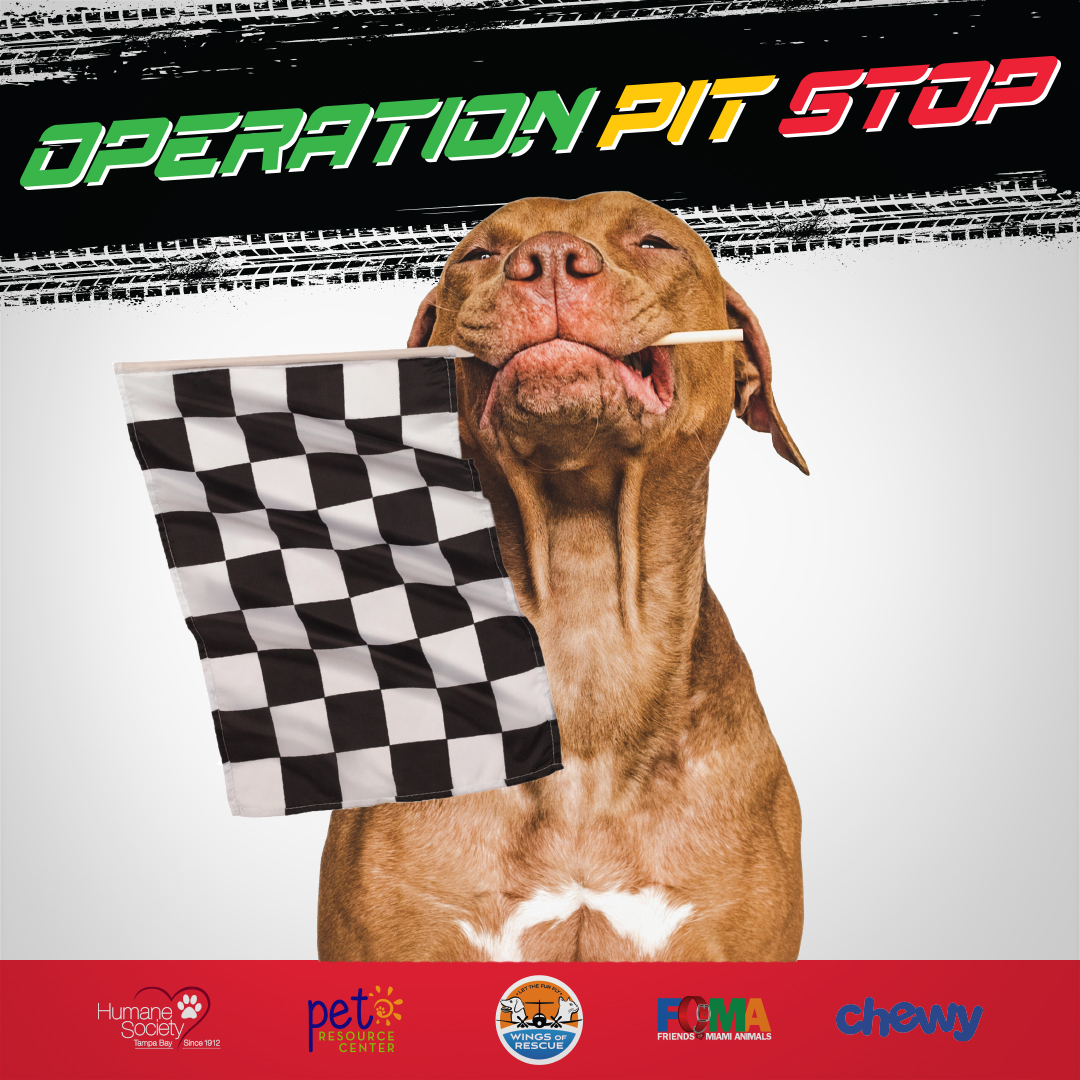The Humane Society of Tampa Bay (HSTB) is taking drastic measures to protect more than 200 dogs in their care, as well as countless pets within the community, from an aggressive strain of Canine Influenza. For the first time in its 112-year history, the shelter will turn away stray and owner-surrendered dogs in an effort to contain and control the outbreak plaguing shelters across Florida.
The Society made this extremely difficult decision after consulting with experts in canine infectious disease, veterinarians, and animal welfare/control leaders in Florida. Hillsborough County Pet Resource Center, Pasco County Animal Services, and Miami Dade Animal Services are also enacting temporary closures to combat the disease.
“Our leadership did not make this decision lightly,” said HSTB CEO Sherry Silk, “HSTB prioritizes the health of its animals above all else. Unfortunately, this is an unprecedented situation that calls for extreme and immediate action to protect dogs in Tampa Bay.”
The Humane Society of Tampa Bay will take the following measures beginning Wednesday, June 26:
- No dogs will be accepted into the lost/found, adoption, or foster programs for two weeks.
- All dogs currently residing at the shelter or in foster care will be tested for canine influenza and be treated accordingly.
- In an effort to build herd immunity within the community, the HSTB Animal Hospital will provide at-cost ($20) canine influenza vaccinations to owned pets. Owners must make an appointment online at humanesocietytampa.org/ahc or by calling 813-870-3304. The canine influenza vaccination is required twice within two weeks for full protection.
- HSTB encourages those who find stray dogs to contain and care for them until Saturday, July 13 if possible. The shelter will provide free dog food for citizens caring for strays during this two-week period. Food can be picked up at the shelter between 9am and 5pm Monday through Sunday.
- HSTB will continue to receive stray and owner-surrendered cats, rabbits, pocket pets, and exotics during this period of dog intake quarantine, as space allows.
- Dog adoptions will remain open until further notice.
Canine Influenza, or dog flu, is an extremely contagious, respiratory disease. Common symptoms include coughing, loss of appetite, fever, nasal discharge, and lethargy. Dog flu is transmitted through the air and with surface contact. It is not transmissible to humans or other animal species, but can be spread to dogs contact with humans or other animals that have the virus present on their fur, skin, or clothing.
Most dogs have either mild symptoms, or no symptoms at all, and recover within a few weeks. However, because dogs are not naturally immune to the virus, new strains can cause severe health issues, and sometimes death, in dogs with compromised immune systems.
“The community should not panic,” said HSTB Director of Shelter Operations Danyelle Van Horn, “while it should be taken seriously by pet owners, canine influenza is much more dangerous in shelter environments than in private homes because of the sheer number of animals housed together and the multiple avenues of transmission.”
The Humane Society of Tampa Bay encourages dog owners to keep their pets up-to-date on all vaccinations and suggests having dogs vaccinated against canine influenza as an added precaution.








 Logan Ryan, RARF Sponsors Month Long Free Dog Training for
Logan Ryan, RARF Sponsors Month Long Free Dog Training for